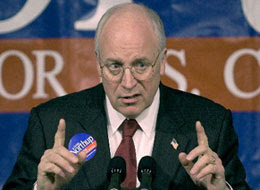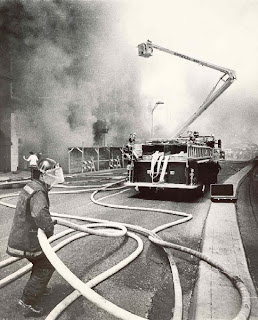With all good intentions I set about to write today about the dual hosts of CNN’s “American Morning,” John Roberts and Kiran Chetry. The traditional network morning shows have long been too feet-first into Good Housekeeping for me and “Fox and Friends” are too reactionary.
But I instantly became hung up because I didn’t know if I did or did not know John Roberts. There is no good reason I would know him except for the fact that he was a White House correspondent for CBS News and I was around the traveling White House gang for awhile when Gee Dubya would visit Crawford. I believe every time I went to Crawford though I saw Mark Knoller, whom after looking at you might be surprised that he would even be allowed within the same zip code as the president.
Of course, I didn’t really know Mark Knoller nor John Roberts nor any of the White House press. That is, I didn’t know them to any degree with the exception of having conversations with a few of them at one time or another.
So I guess what really put me off track was thinking about quantifying the word “know.” You think: What did I know and when did I know it?
Me: I knew what I knew at the time that I knew it. Knew, knew, knew, which if pronounced with the “k” not silent sounds like somewhat of a weak sneeze, which I have. Not weak sneezes but weak knees.
But I don’t understand.
No. Of course you don’t. But look at the dictionary.
know
–verb (used with object) 1. to perceive or understand as fact or truth; to apprehend clearly and with certainty: I know the situation fully.
And then that’s just the first entry.
As well there is:
7. Archaic. to have sexual intercourse with.
–verb (used without object)
Ah yes, I knew her well. I knew her in the airplane’s lavatory. I knew her …
Therefore, you might well know just what a quandary that this word “know” has put me into this day. I don’t know what I will do about it. Probably nothing. Sometimes that is all one knows to do.


